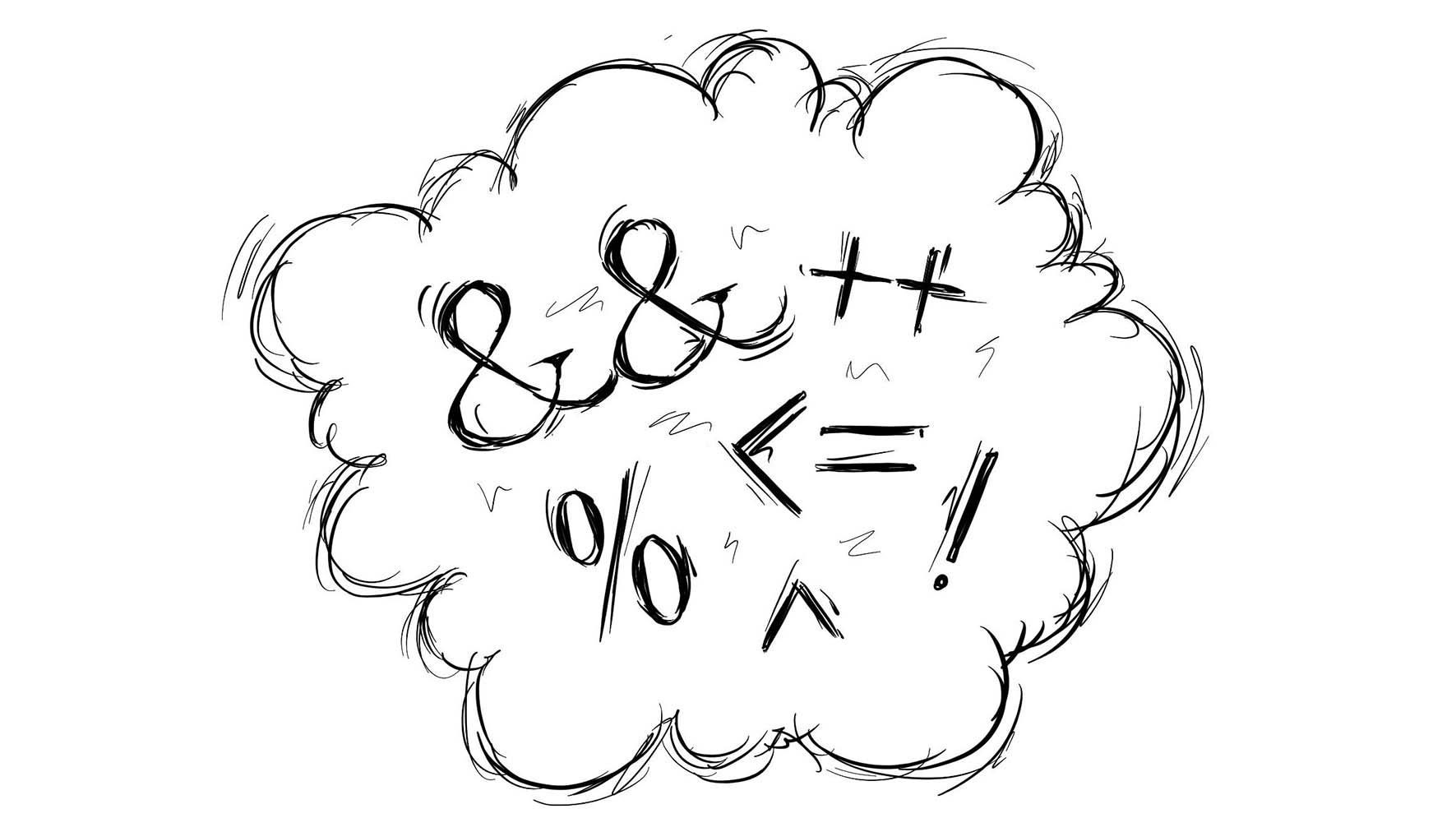C# is a powerful programming language that allows developers to perform various operations on data using operators. Operators are symbols or keywords that can be used to manipulate values, perform arithmetic operations, and compare values. As a beginner, it is essential to understand the most commonly used operators in C#.
Arithmetic Operators
Arithmetic operators are used to perform mathematical operations on values. The most common arithmetic operators in C# are:
+(Addition Operator)- – (Subtraction Operator)
- * (Multiplication Operator)
/(Division Operator)%(Modulus Operator)
For example, the following code snippet shows how to use arithmetic operators in C#:
int x = 5;
int y = 3;
int sum = x + y; // sum = 8
int difference = x - y; // difference = 2
int product = x * y; // product = 15
int quotient = x / y; // quotient = 1
int remainder = x % y; // remainder = 2Comparison Operators
Comparison operators are used to compare values and return a Boolean result (either true or false). The most common comparison operators in C# are:
==(Equality Operator)!=(Inequality Operator)<(Less Than Operator)>(Greater Than Operator)<=(Less Than or Equal To Operator)>=(Greater Than or Equal To Operator)
For example, the following code snippet shows how to use comparison operators in C#:
int x = 5;
int y = 3;
bool isEqual = x == y; // isEqual = false
bool isNotEqual = x != y; // isNotEqual = true
bool isLessThan = x < y; // isLessThan = false
bool isGreaterThan = x > y; // isGreaterThan = true
bool isLessThanOrEqualTo = x <= y; // isLessThanOrEqualTo = false
bool isGreaterThanOrEqualTo = x >= y; // isGreaterThanOrEqualTo = trueLogical Operators
Logical operators are used to combine two or more Boolean expressions and evaluate them as a single expression. The most common logical operators in C# are:
&&(Logical AND Operator)||(Logical OR Operator)!(Logical NOT Operator)
For example, the following code snippet shows how to use logical operators in C#:
bool x = true;
bool y = false;
bool result1 = x && y; // result1 = false
bool result2 = x || y; // result2 = true
bool result3 = !x; // result3 = false
bool result4 = !y; // result4 = trueAssignment Operators
Assignment operators are used to assign values to variables. The most commonly used assignment operators in C# are:
=(Simple Assignment Operator)+=(Addition Assignment Operator)=(Subtraction Assignment Operator)=(Multiplication Assignment Operator)/=(Division Assignment Operator)%=(Modulus Assignment Operator)
For example, the following code snippet shows how to use assignment operators in C#:
int x = 5;
int y = 3;
x += y; // equivalent to x = x + y;
x -= y; // equivalent to x = x - y;
x *= y; // equivalent to x = x * y;
x /= y; // equivalent to x = x / y;
x %= y; // equivalent to x = x % y;Increment/Decrement Operators
Increment/decrement operators are used to increase or decrease the value of a variable by one. The most commonly used increment/decrement operators in C# are:
++(Increment Operator)-(Decrement Operator)
For example, the following code snippet shows how to use increment/decrement operators in C#:
int x = 5;
x++; // equivalent to x = x + 1;
x--; // equivalent to x = x - 1;It is important to note that the position of the increment/decrement operator can affect the value of the variable. If the operator appears before the variable (prefix), the variable is incremented/decremented before any other operation takes place. If the operator appears after the variable (postfix), the variable is incremented/decremented after any other operation takes place.
For example, the following code snippet shows how the position of the increment operator affects the value of the variable:
int x = 5;
int y = ++x; // y = 6, x = 6
int z = x++; // z = 6, x = 7Conclusion
Operators are just one aspect of programming, but they are essential for performing basic calculations, assigning values to variables, and manipulating data in C#. By continuing to explore and practice these operators, you can build a foundation for more advanced programming concepts and techniques. Remember to take your time, ask questions, and enjoy the process of learning and experimenting with C# programming. With dedication and hard work, you can become a skilled and successful C# developer!





